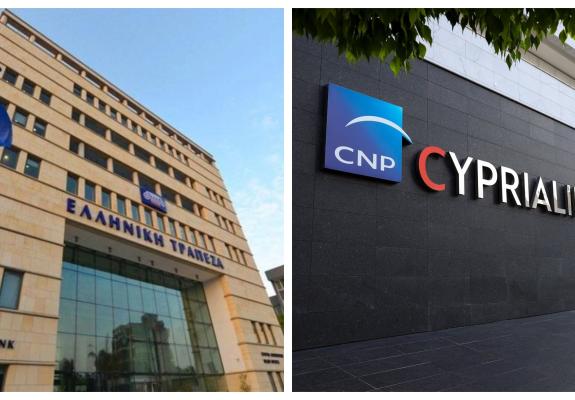European Union Raises Concerns over Cyprus' Non-Performing Loans Situation
In a recent report, the European Union highlighted significant concerns regarding the high level of non-performing loans (NPLs) in Cyprus, specifically those that have been transferred to credit acquisition companies. The EU emphasized that these NPLs continue to exert substantial pressure on the economy, primarily due to the considerable private debt and limited business opportunities for domestic banks.
The EU's apprehensions were outlined in its latest recommendations on Cyprus' 2023 Reform Program and the Council's assessment of the Stability Program for the same year. According to the report, as of September 2022, credit acquisition companies held approximately 87% of the total NPLs in the country, while traditional banks retained around 13%. This statistic underscores the critical role that credit-acquiring entities play in reducing the burden of non-performing loans among households and non-financial businesses.
The report identified several key issues exacerbating the NPL situation:
1. Suspension of Foreclosure Procedures: The EU expressed concern over the frequent suspension of foreclosure procedures since March 2020, with these suspensions continuing throughout 2022. This practice hindered banks' ability to organically address their non-performing loan portfolios.
2. Persisting Challenges for Credit Acquisition Companies: The EU specifically addressed the struggles faced by the largest credit acquisition company, KEDIPES, in effectively restructuring private sector loans, particularly housing loans. Delays in the planned restructuring further complicated the resolution of NPLs.
Moreover, despite Cyprus' progress in reducing non-performing loan ratios over the years, the country still registers one of the highest NPL rates within the EU. The report praised the resilience of the banking sector, which managed to weather recent economic shocks, such as the COVID-19 pandemic and the war in Ukraine. The reduction in NPLs was achieved through various means, including asset sales, debt swaps, transferring non-performing loans to performing categories, and cash repayments.

In addition, the EU acknowledged that the reduction of NPLs was primarily attributed to the sale of assets from major banks to credit acquisition companies, as well as the transfer of problematic assets to the state-owned asset management company, KEDIPES, in 2018.
To address the challenges posed by NPLs, the EU stressed the importance of improving efficiency within the judicial system. It is crucial to enhance the enforcement of claims, which is instrumental in fostering better payment discipline. The report pointed to the need for the prompt enactment of amended laws to facilitate the enforcement of court decisions related to the seizure of movable property and to enhance the legal framework for enforcing court decisions and contractual claims. The passage of these laws has been pending since March 2020.






